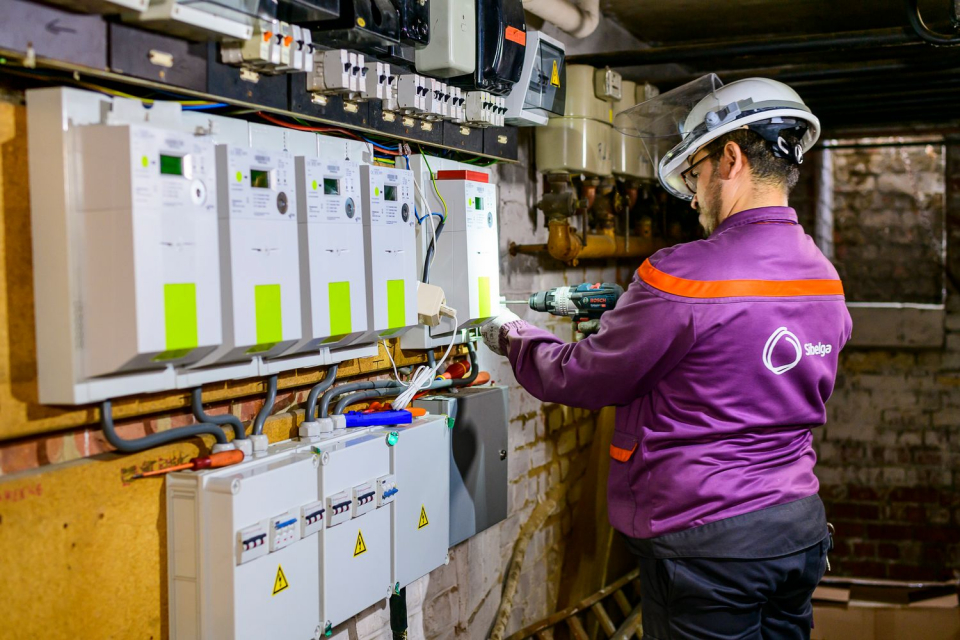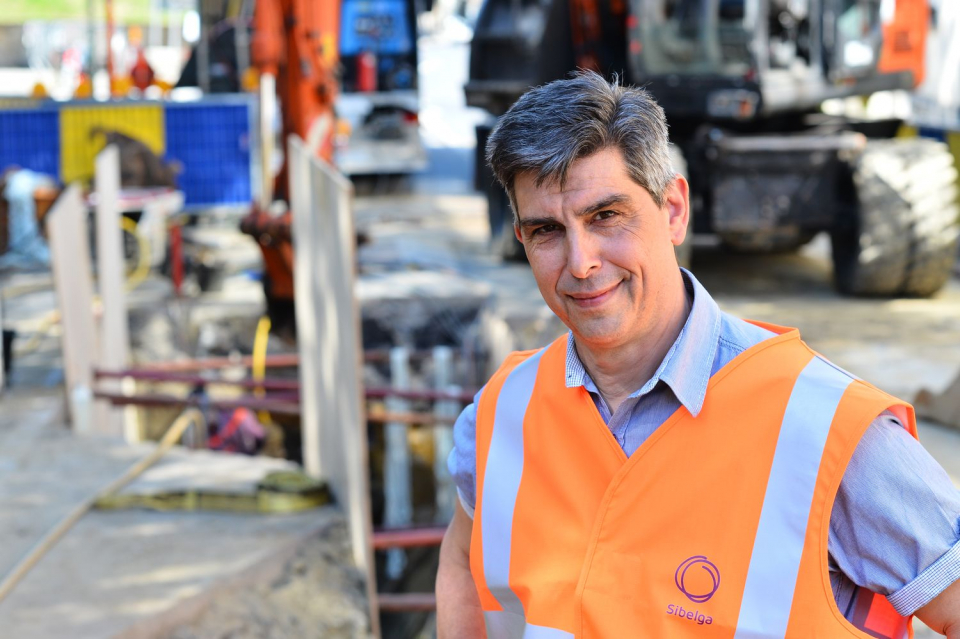With electric vehicles, heat pumps and photovoltaic panels... Electricity is playing an increasingly important role in meeting today's needs and those of tomorrow! Is the Brussels network able to support this trend? Will investments be necessary in the years to come?
Good news:The Brussels electricity network (low and medium voltage) is of sufficient size to adapt to our growing electricity needs. Robust and well functioning, and, it has sufficient reserve capacity to meet our changing needs in the coming years. And Sibelga is already anticipating longer-term needs.
No risk of congestion
Due to the characteristics of our urban environment, there are notably far fewer photovoltaic panels in Brussels than in Flanders or Wallonia. This greatly limits the risk of congestion (i.e. the saturation of our network) currently facing our Walloon and Flemish counterparts.

Sibelga is preparing for the future
As manager of the gas and electricity distribution networks and the municipal public lighting, Sibelga has a duty to anticipate changes in the energy use of Brussels customers. In addition, we want to facilitate an affordable and inclusive energy transition in the Brussels-Capital Region and support the ambitions of the Region's Air-Climate-Energy Plan.

Aiming for carbon neutrality by 2050
This is why we have started to build several scenarios to achieve carbon neutrality in 2050 in collaboration with all the Brussels stakeholders. Whether in terms of:
- mobility (in part through the deployment of public charging stations);
- heating (via heat pumps in particular);
- renewable energy (photovoltaic, renewable gases such as green hydrogen and biomethane);
- and storage.
Did you know?
With a view to a low-carbon economy, Sibelga has also completed an initial study on the role that its gas network could play in the distribution of hydrogen to cover heating needs. Eventually, hydrogen could cover part of the heating needs, alongside electric heating (heat pumps).
What investments will be required?
Sibelga is currently working on an initial estimate of the reinforcement needs of its networks.
As well as strengthening the network, the use of smart technologies will also help to limit the risk of congestion and the costs. For example, the introduction of dynamic prices, made possible by the increased installation of smart meters starting in 2023, could encourage customers to delay their consumption to times when energy is available in abundance.
In all cases, Sibelga will ensure that it chooses solutions that are accessible to all Brussels customers together with the regulator Brugel, while maintaining the reliability and security of energy distribution.
